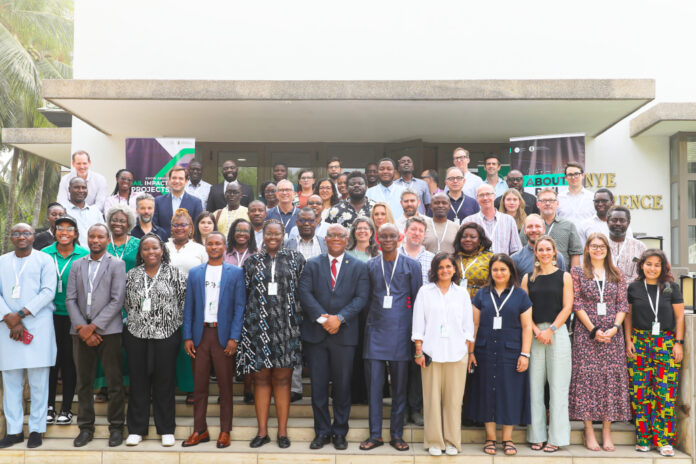Designing Artificial intelligence to help people with disabilities has become crucial for ensuring inclusivity in the AI space. This is part of the focus of The Artificial Intelligence for Development in Africa (AI4D Africa) program phase 2. In a workshop hosted in Accra by the Responsible AI Lab(RAIL) at the Kwame Nkrumah University of Science and Technology, participants including AI stakeholders, and funding agencies discussed plans for the future and the project’s next phase. The discussions centered on readiness to scale and responsible AI framework for Africa, as well as ways to strengthen research for policy change, language models, and ensure effective collaboration.
“Much effort has been put into planning the AI4D Phase 2 workshop because RAIL cherishes its relationship with its funders and stakeholders. Like a mustard seed, the AI4D project has started small but has significant potential to influence and impact Africa and the world,” said Prof. Jerry John Kponyo, Principal Investigator, and Scientific Director, RAIL.
Laurent David Elder of International Development Research Centre (IDRC) emphasized the importance of policy and innovation in driving AI4D Africa vision. He said, “Policy is creating responsible AI governance in the continent, and innovation on responsible AI should be scaled to address developmental challenges.”
The Artificial Intelligence for Development in Africa (AI4D Africa) program is dedicated to a future where Africans across all regions create and use artificial intelligence (AI) to lead healthier, happier, and greener lives. The program is sponsored by IDRC and the Foreign Commonwealth Development Office of the UK government(FCDO), and seeks to address challenges through supporting African-led development of responsible and inclusive AI.
The program promotes excellence in applied research and applying AI technologies in the service of solving development challenges and improving livelihoods for those living in poverty. The time to write the future of AI in Africa is now, as policies and practices put in place today will shape the benefits and harms of AI in the decades to come.

